You all are very well aware that water is a very scarce resource and requires judicious management for the benefit of life in any city.
Thus, in the context of the region and city named Nashik in the state of Maharashtra, it has been identified that the Nashik Municipal Corporation which is called NMC in short has the main responsibility of managing, providing, and maintaining water supply as well as its distribution.
For proper control and development of water infrastructure, NMC levies water charges on its people and companies. This tax is levied to ensure that the expenses incurred in purifying water, distributing it, and maintaining its structures are met.
In this detailed water tax nashik blog post, various aspects will be discussed including its need, framework, how it is calculated, payment methods, and complaint hearing.
We will also talk about how water tax nashik affect people, organizations, and city structures; and government steps to encourage the use of water resources.
- What is the Legal Framework and Governance of Water Tax in Nashik?
- What is the Importance of Water Tax in Nashik?
- What is the Structure of Water Tax Nashik?
- Which Types of Water Tax in Nashik?
- What is the Calculation of Water Tax in Nashik?
- What are the Current Nashik Water Tax Rates?
- How To Pay Water Tax Nashik Payment?
- What are the Penalties for Non-payment of Water Tax Nashik?
- What are the Challenges in Implementing Water Tax in Nashik?
- What is the Water Supply System in Nashik?
- What are the Categories of Water Consumers?
- What is the Metering and Billing System?
- What are the Water Conservation Initiatives by NMC?
- What are the Challenges in Water Management and Tax Collection?
- What are the Tax Rates and Slabs of Water Tax in Nashik?
- What are the Future Plans for Water Management in Nashik?
- What is the Impact of Population Growth on Water Tax?
- What is the Contact Information of Nashik Municipal Corporation?
- In Conclusion
- FAQs
- 1. What is the water tax used for in Nashik?
- 2. Who needs to pay water tax in Nashik?
- 3. What happens if I don’t pay my water tax on time?
- 4. How is water consumption monitored in Nashik?
- 5. Can I receive a rebate on my water tax?
- 6. How do I apply for a water connection in Nashik?
- 7. Are there any exemptions from paying water tax in Nashik?
- 8. How often is the water tax revised in Nashik?
- 9. Can water tax payments be automated?
- 10. Is there a difference in water tax rates for metered and non-metered connections?
- 11. What measures are Nashik taking to promote water conservation?
- 12. Can businesses apply for any water tax benefits in Nashik?
- 13. What is the process for resolving disputes regarding water tax bills?
- 14. Are there any legal actions for non-compliance with water tax payments?
What is the Legal Framework and Governance of Water Tax in Nashik?

Several policies laid down by the state government of Nashik and the Nashik Municipal Corporation govern the collection and administration of water tax Nashik. The major regulations include:
- Maharashtra Municipal Corporation Act, 1949: As the name suggests, this act deals with the formation and functioning of municipal corporations in Maharashtra and contains provisions dealing with taxes including property tax and water tax nashik.
- Water Supply and Sewerage Act: This specific act outlines the measures for providing water supply and sewerage services in Maharashtra, with a provision for levying water tax nashik on such services.
As the governing body for the NMC, it is always bound to examine the water tax nashik rates according to various aspects including population growth, water consumption, and financial requirements for water structure maintenance/development.
What is the Importance of Water Tax in Nashik?

It was established that water tax nashik is not only a financial charge but also serves several important functions in the regulation and resource utilization of all urban centers.
Thus the city of Nashik is one of the fastest-growing cities in Maharashtra, where the population is increasing significantly and more industrial production is needed to support this growth. The revenue generated from water tax nashik is important for the following:
- Water Treatment Plants: This tax also helps in financing and operating treatment works, and sewer infrastructure that helps in providing safe, healthy water.
- Sustainability Initiatives: It supports programs that can help conserve water to avoid wastage for future water supply.
The water tax policy also encourages the conservation of the scarce resource in the city, water use must be managed as scarcity is a major problem in the region.
What is the Structure of Water Tax Nashik?
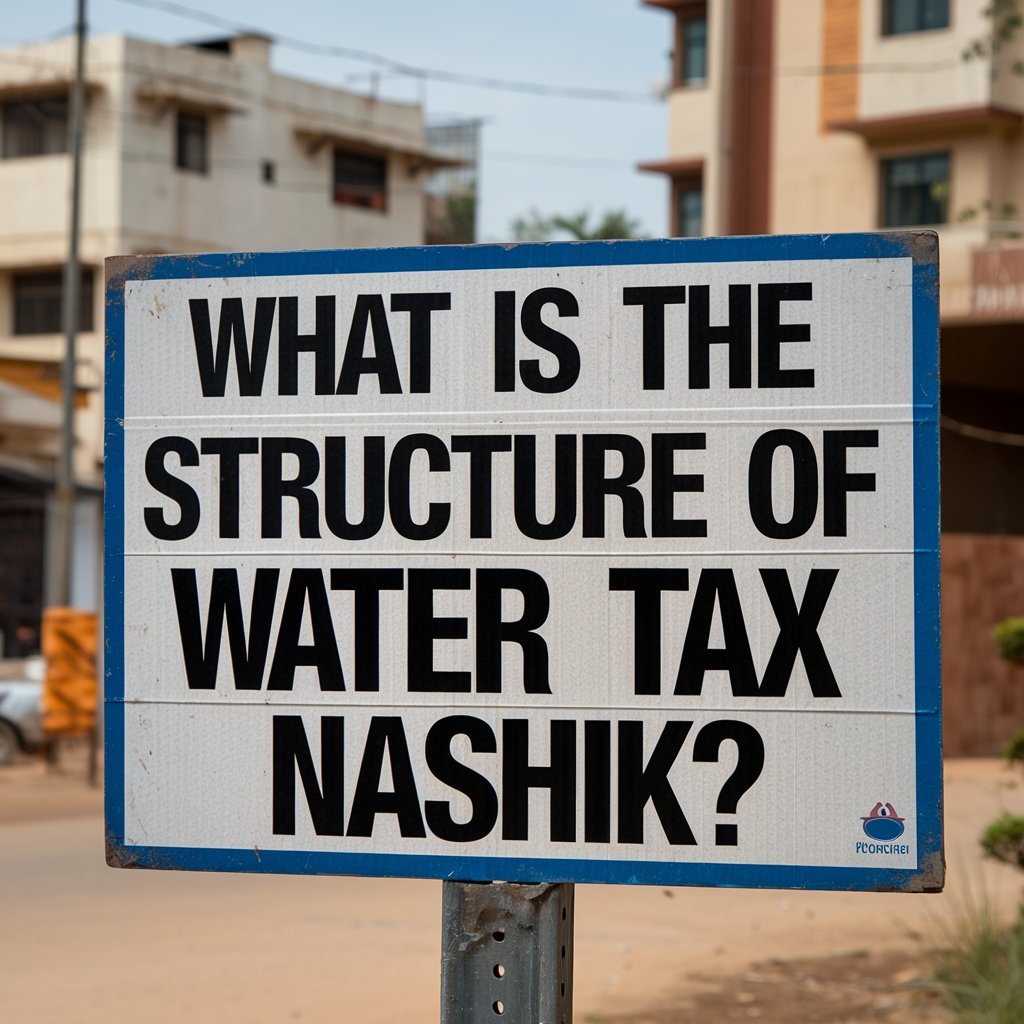
The tax rate for water in Nashik depends on certain factors, including the type of property and its location, the amount of water used, and the type of domestic or commercial connection.
Residential properties are one type of property, a different kind of property is public and commercial properties and the third type of property is industrial properties, with different tax rates for each type of property.
Residential Water Tax
Tax rates for water for residents are comparatively slightly lower than for commercial or industrial users. In practice, the tax is likely to depend on the property area in square feet of the property and the availability of piped water supply. Similarly, the rate may differ if a house has a borewell or any other source of independent water supply.
Commercial Water Tax
Vendors, businessmen, offices, and restaurants consume a lot of water and are therefore charged higher water tax nashik. The tax rates reflect two aspects, i.e. the size of the establishment and the amount of water used.
Industrial Water Tax
The number of industries and factories present in various locations means that they have a huge requirement for water. Hence they are taxed more than properties of residential and commercial nature.
Organizations that use specific technologies to save water or use reclaimed water may also get exemptions or be given discounts.
Water Tax for Public and Government Institutions
This also applies to other public establishments such as schools, hospitals, and government offices. But rates for these entities can be regulated based on government policies aimed at helping operate essential services while keeping water savings in mind.
Which Types of Water Tax in Nashik?

Water tax Nashik can be broadly classified into two categories:
- Residential Water Tax: This is levied on end users, usually depending on the size of the household and the amount of water used. This depends on whether the household has a meter to record water usage or whether they are on a fixed rate.
- Commercial Water Tax: This is levied on businesses, industries, and other commercial organizations. A commercial unit uses more water than residential use, so commercial water tax nashik rates are comparatively higher than a residential household. It also comes in the form of incentives under which industries are forced to implement the use of water recycling to get an exemption from paying taxes.
What is the Calculation of Water Tax in Nashik?
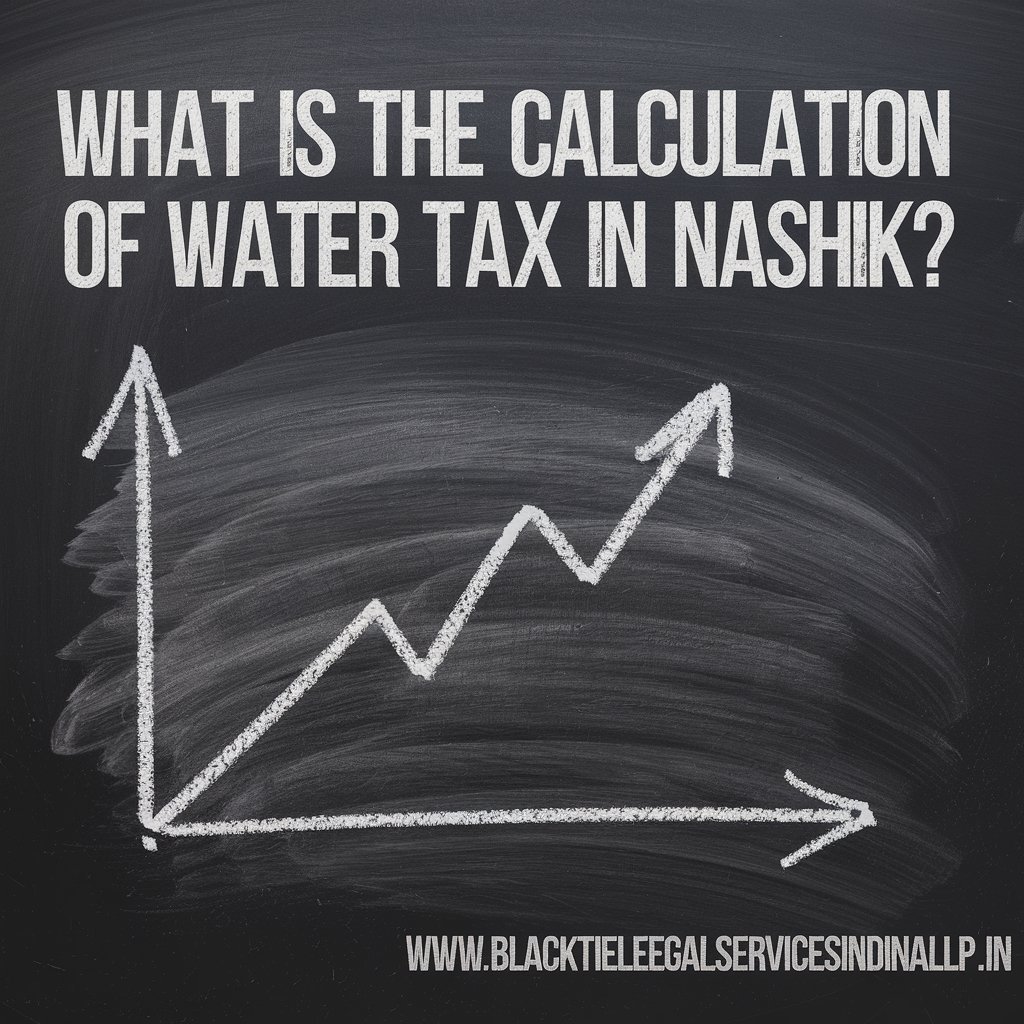
Water tax nashik for a building and structure in Nashik depends on the size of the building and structure, the type of residential or commercial use, and the amount of water used. Here is how water tax is generally calculated:
- Metered Water Connections: In a case where the property has a metered water supply; the water tax nashik is directly proportional to the usage. Waters NMC is aware of the level of water consumption by evaluating the water meters installed in the properties. The amount of water used directly determines how much tax will be levied on the society.
- Non-Metered Water Connections: For properties that do not have water metering devices, the water tax nashik is determined by the size of the property or the type of building. In this structure, relatively larger properties are taxed more as they are expected to use more water.
- Type of Property: Another fact related to property taxes is that residential properties are taxed more than commercial or industrial properties. This is because higher water consumption is expected to be driven by businesses and industries, especially where the business is involved in manufacturing processes.
What are the Current Nashik Water Tax Rates?

It is worth noting that the water tax rates levied in Nashik are reviewed by the NMC from time to time. While the exact rates may vary, general trends include:
- Residential Properties: Those with meters only pay according to the amount of water used, while those without meters may pay according to the size of a given property.
- Commercial Properties: Areas where higher rates are levied include commercial premises, particularly companies that are engaged in activities that require water use such as hotels, restaurants, and industries.
- Rebates and Exemptions: There are possibilities for certain groups in society such as senior citizens who may be in a position to have the water tax waived.
Also, there are usually some exemptions where properties used for charitable purposes are exempted from the total number.
How To Pay Water Tax Nashik Payment?

Now you can pay water tax in Nashik both online and offline in a straightforward way without any complications, so we are going to explain both methods briefly but they are explained below:
Online Payment:
- Visit the Nashik Municipal Corporation (NMC) official website.
- Navigate to the “Water Tax Payment” section.
- Enter your property or consumer number.
- Select payment options like debit card, credit card, or net banking.
- Confirm the transaction and download the receipt.
Offline Payment:
- Visit the NMC office or designated centers.
- Provide your property details at the counter.
- Pay using cash, cheque, or demand draft.
- Collect the receipt for payment confirmation.
Mobile Application: NMC has an Android application through which property owners can view their water tax nashik balance and make payments.
Auto-Debit Facilities: Some citizens use auto-debit facilities, under which a fixed amount of water tax nashik is charged and debited from their account on a specified date.
What are the Penalties for Non-payment of Water Tax Nashik?

Non-payment of water tax Nashik can lead to severe consequences, including:
- Late Payment Penalty: The NMC has also imposed fines and penalties for late payments. They add a multiple to the penalty, making the amount to be recovered higher.
- Disconnection of Water Supply: If the property owner consistently fails to pay the water tax, the NMC has the right to disconnect the water supply to the said property.
- Legal Action: In extreme cases, persistent defaulters may face legal action from the NMC.
What are the Challenges in Implementing Water Tax in Nashik?

Water tax nashik is essential to maintain Nashik’s water supply system, but there are several challenges in its implementation:
- Lack of Awareness: Due to lack of awareness, most residents do not understand how water tax nashik is calculated and hence do not pay it as required.
- Water Metering Issues: Some properties still do not have water meters, making it difficult for the NMC to determine water usage in properties and, as a result, collect appropriate taxes.
- Non-Payment: Due to this, many property owners do not pay their water tax nashik on time, causing losses to the NMC.
- Water Theft: Some citizens tap water lines without permission, impairing the efficiency of water tax nashik collection in various parts of the city.
What is the Water Supply System in Nashik?
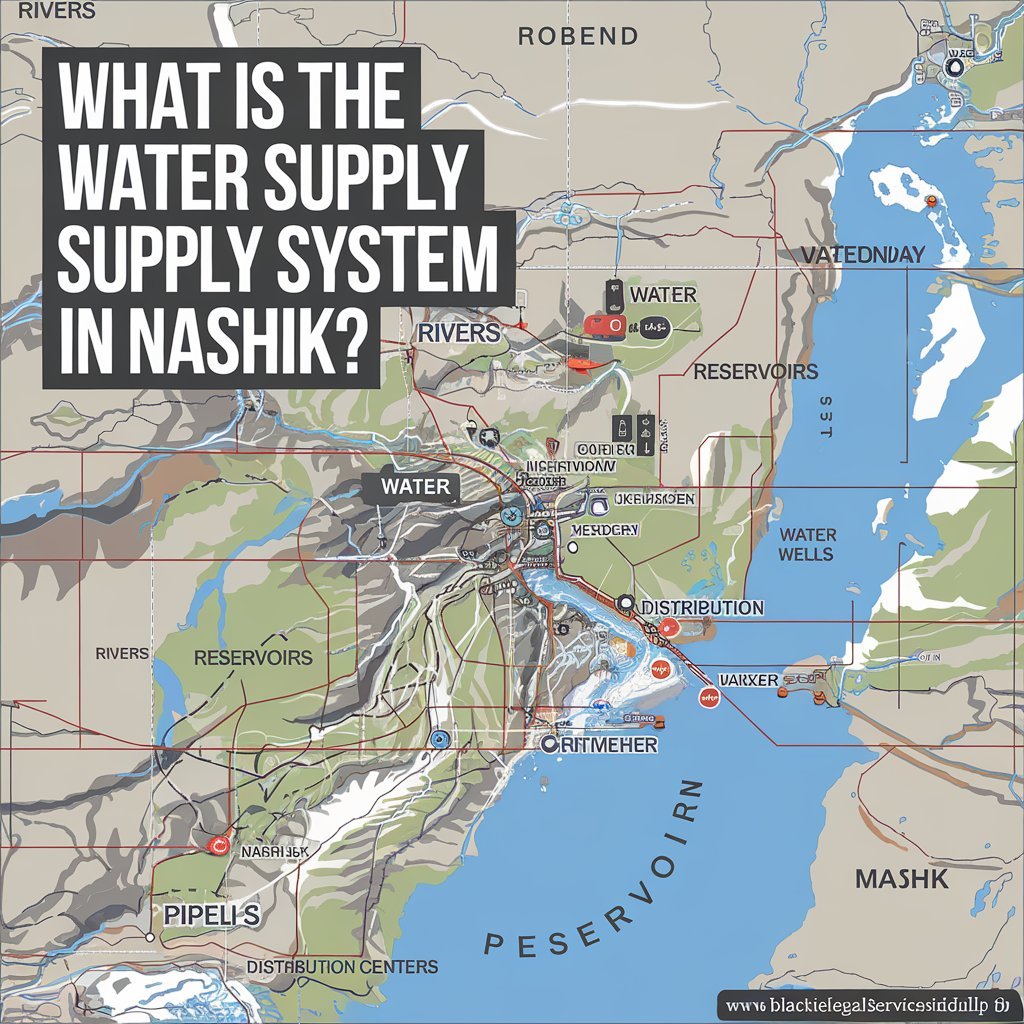
The main sources of water availability in Nashik are the Godavari River and other related sources such as the Gangapur Dam and the Kashyap Dam.
After extraction, this water needs to be treated and supplied to households, industries, and commercial establishments and this is under the Nashik Municipal Corporation (NMC).
The water supplied still needs to meet the desired quality, which presents the challenge of managing the distribution of water to the growing urban area of Nashik, in addition to the infrastructure required for water filtration and chemical treatment.
The amount collected from the water tax nashik goes directly towards this system, in which the city ensures that it updates the water supply as needed.
What are the Categories of Water Consumers?
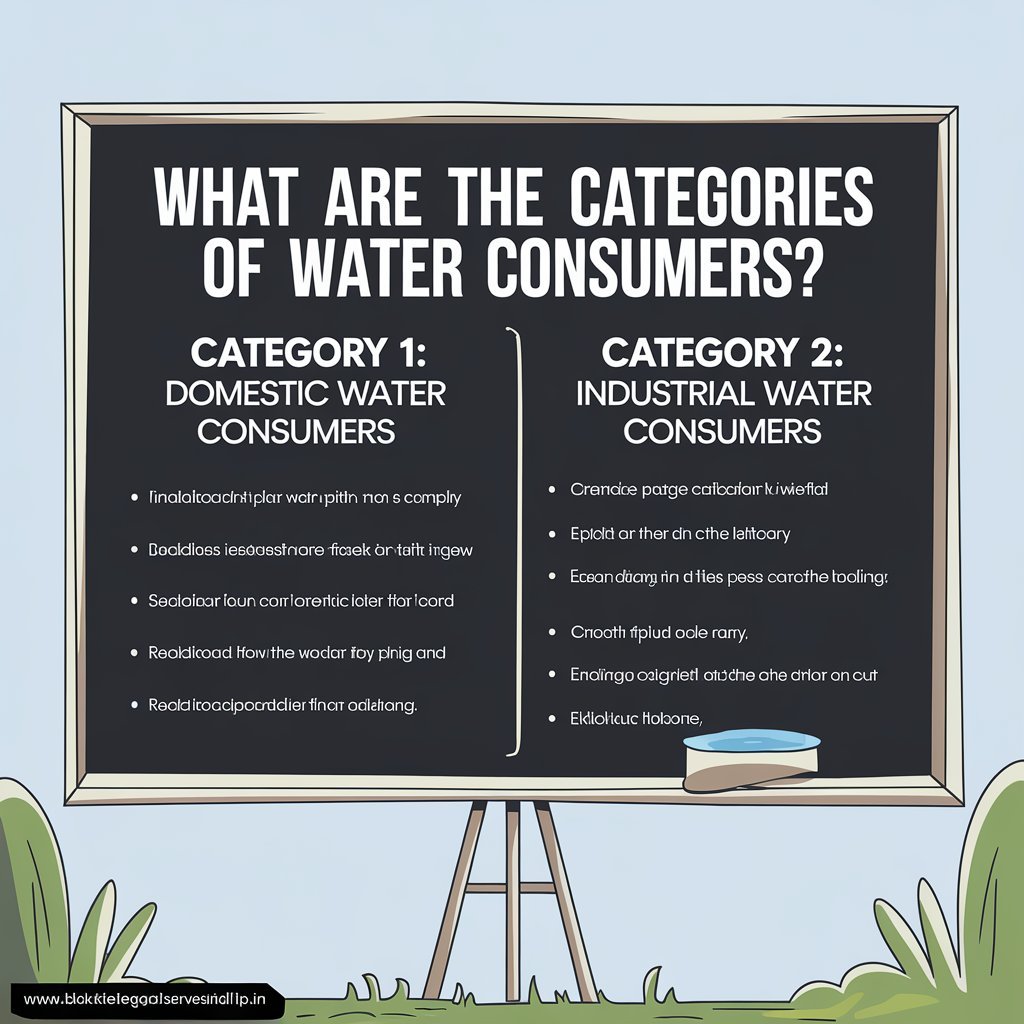
The NMC classifies water consumers into several different groups based on their usage patterns and consumption levels:
- Domestic Consumers: Single-family homeowners, renters, and individuals living in single tenancy.
- Commercial Consumers: Restaurants, business offices, shops shopping centers, and hotels.
- Industrial Consumers: Large commercial establishments such as factories, manufacturing units, and industries that require large quantities of water.
- Public Institutions: Schools, hospitals, and state and federal establishments that use water for purposes other than commercial business.
And each category has the correct water tax rate for some approximate amount of water consumption. It is also worth mentioning that the rates for water supplied to industrial and commercial customers are higher than those for domestic consumers because they consume a larger volume of water.
What is the Metering and Billing System?
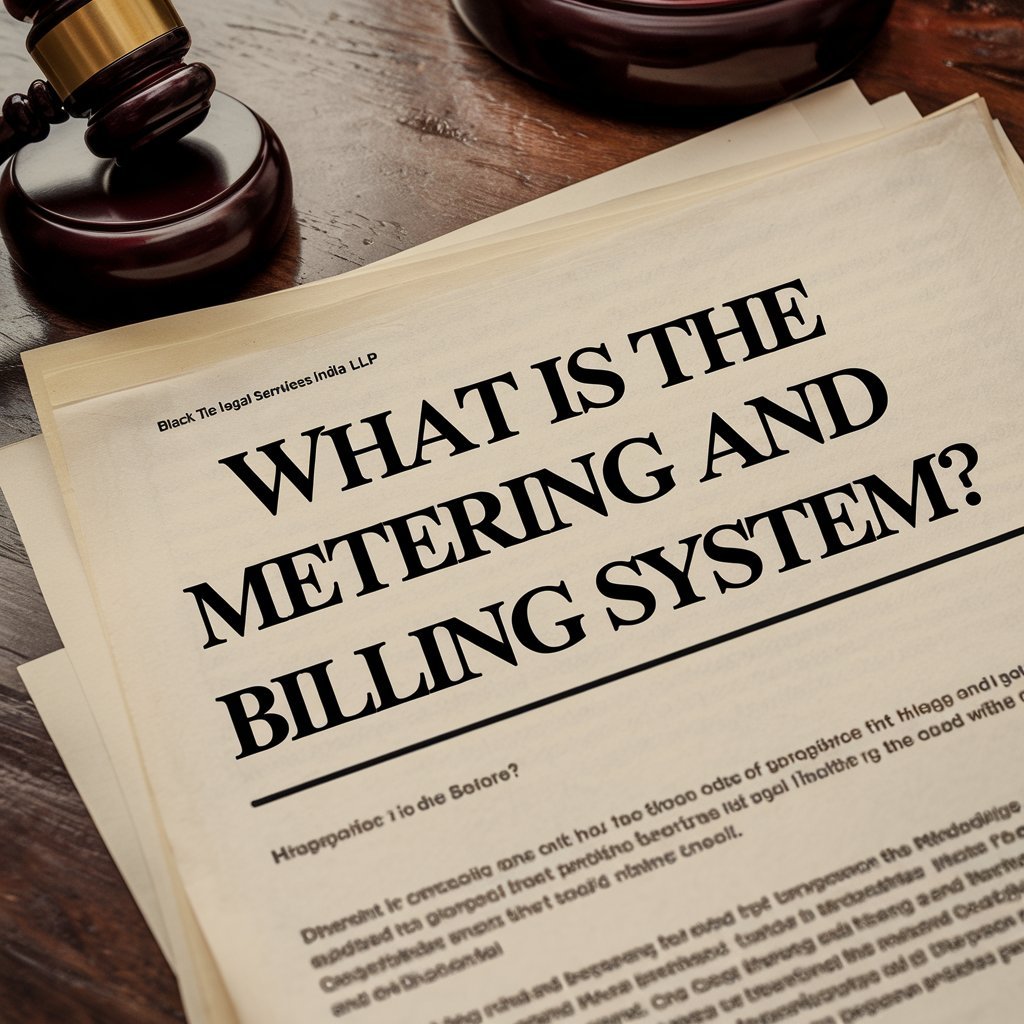
The installation of water meters is one of the major efforts being implemented by NMC to ensure accurate billing. Meters help to measure the exact water usage, making the taxation system fair and encouraging responsible consumption.
- Metered Connections: Those who have meters pay a fixed charge according to the amount of water used. This also encourages water conservation as the more water is consumed, the more tax amount will be charged.
- Unmetered Connections: In cases where meters are not installed for properties, a flat rate water tax nashik is levied and it usually depends on the size of the property or the rate is proportionate to the average consumption.
Currently, not all buildings in Nashik have water meters, however, the NMC is in the process of adopting this system in the city.
What are the Water Conservation Initiatives by NMC?

The water tax nashik also supports several important conservation and sustainability projects:
- Rainwater Harvesting: NMC has adopted the use of incentives and discounts to properties with the aim of promoting the use of rainwater harvesting systems. Rainwater harvesting reduces the use of municipal water and contributes to replenishing the aquifer.
- Wastewater Recycling: Recycling of wastewater is supported by most commercial businesses and industries. Currently, NMC intends to offer discounts to organizations that are willing to install water recycling systems.
- Water Conservation Campaign: It is important for the city to organize various awareness campaigns regarding the need to save water within society. The campaigns focus on actions to conserve water through methods such as sealing and leakage, water-saving gadgets, and reducing water usage on a large scale.
What are the Challenges in Water Management and Tax Collection?
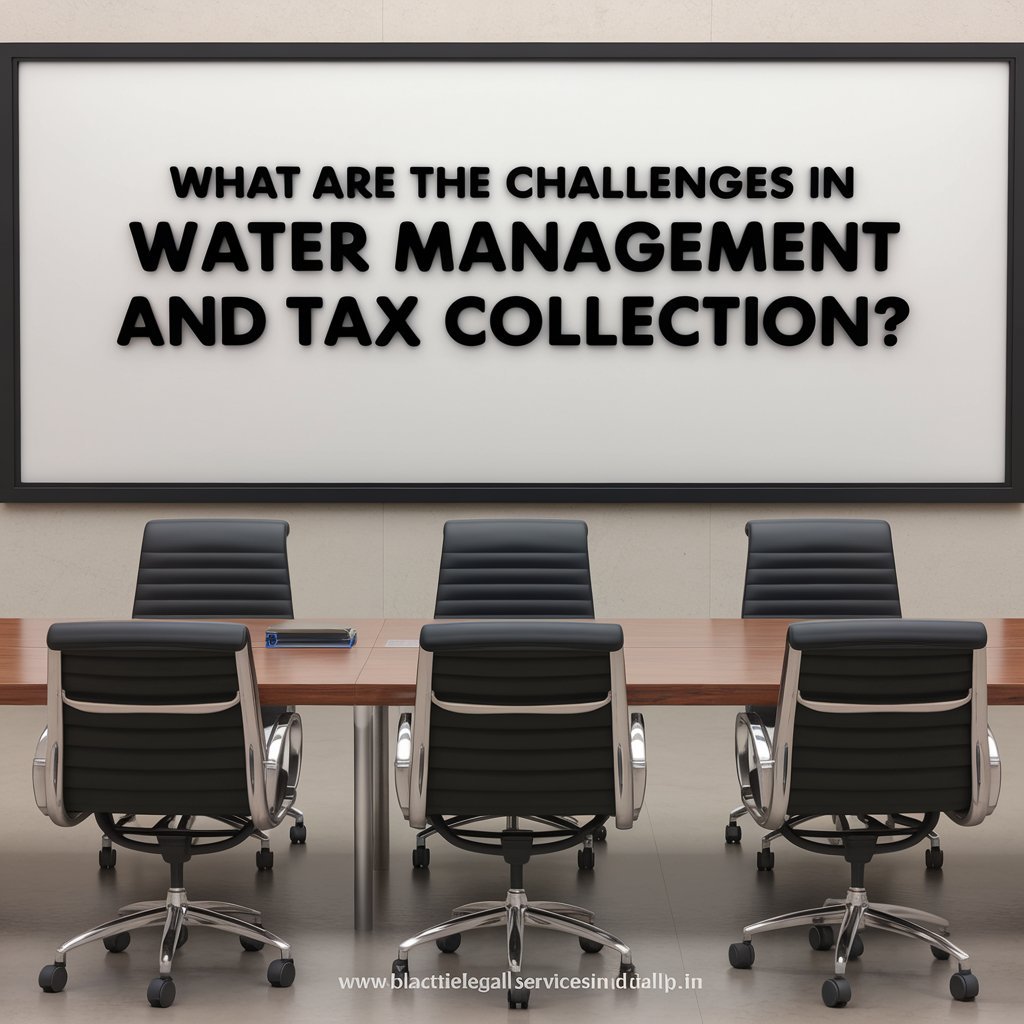
Despite these efforts, Nashik faces several challenges in managing its water resources and implementing water tax policies:
- Water Scarcity: Like many cities in India, Nashik also faces water scarcity and the situation becomes worse during summers. This affects the availability of water, leading to erratic supply and putting pressure on established facilities.
- Non-Payment of Water Tax: This is considered an economic burden on the NMC and many citizens and businesses fail to pay water tax nashik regularly. This impacts the timely completion of new projects and proper maintenance of existing infrastructure.
- Illegal Water Connections: Some of the challenges include water theft by connecting unauthorized tapping points to water pipelines, which hampers the effectiveness of the water distribution network and hence leads to loss of revenue for the NMC.
- Inadequate Water Metering: While some water meters have been installed in many areas, many properties do not have proper metering, which creates inaccurate results on water usage and in turn leads to reduced rates of taxation.
What are the Tax Rates and Slabs of Water Tax in Nashik?

| Property Type | Water Tax Rate |
|---|---|
| Residential (Metered) | Charged based on water consumption in kiloliters (KL). |
| Residential (Unmetered) | Flat rates based on property size and usage category. |
| Commercial (Metered) | Higher rates per KL compared to residential properties. |
| Commercial (Unmetered) | Flat rates higher than residential unmetered rates. |
What are the Future Plans for Water Management in Nashik?

NMC has ambitious plans to modernize Nashik’s water management system:
- Universal Metering: A Nashik-based property management company aims to install water meters in all its properties. This will lead to efficient billing technology, less wastage, and a clear picture of how busy our establishment is.
- Smart Water Management System: NMC is still studying the application of smart technologies in water consumption; for example, the use of water meters with IoT-based, real-time control systems that can help identify leaks, and assess water quality and usage.
- Improved Infrastructure: The city is expected to spend a large amount of money on modernizing water treatment plants, pipelines, and reservoirs. This will not only improve water quality but will also help in providing adequate water to the citizens of the city.
What is the Impact of Population Growth on Water Tax?
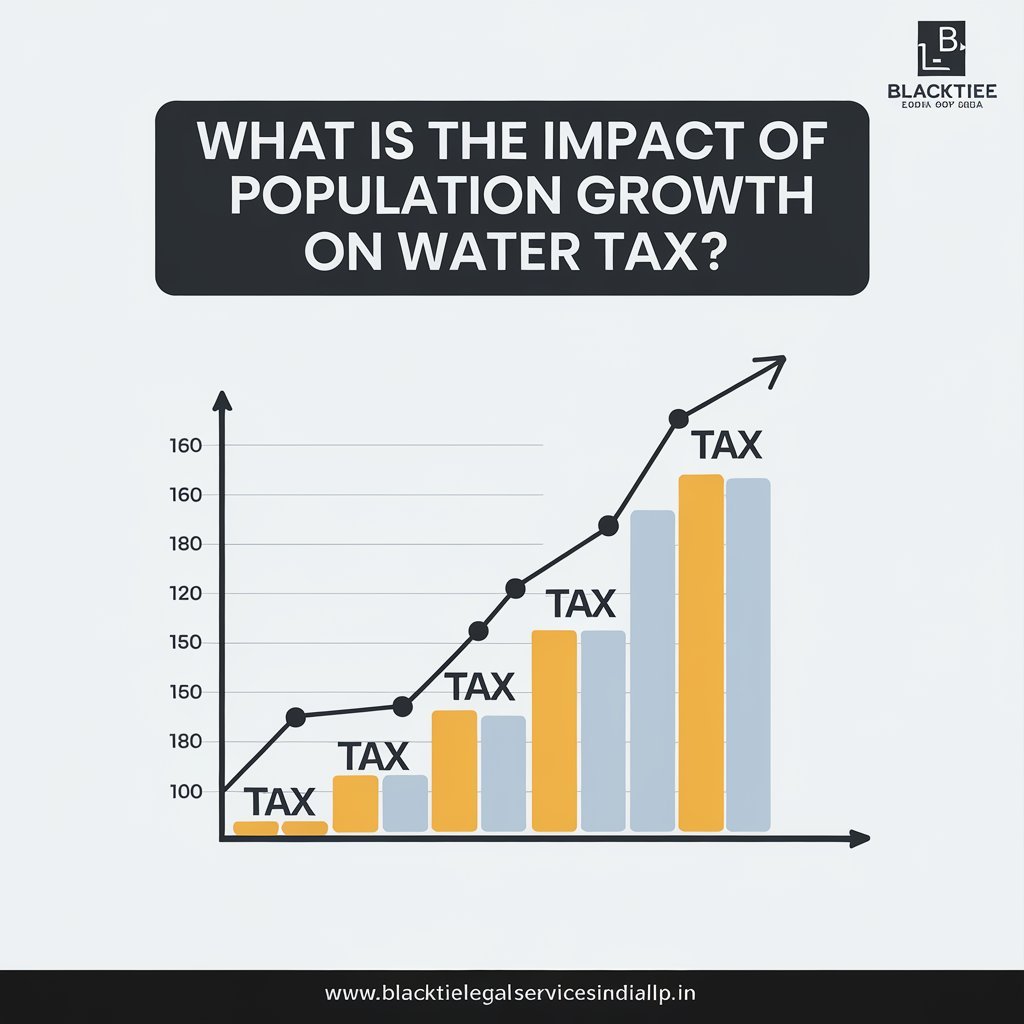
Nashik has seen rapid industrialisation in recent times and the population is still growing. This growth always puts pressure on available water resources, especially on cities’ water supply systems, hence requiring more spending on water. As a result:
- Water Tax Rates May Increase: Through the rating of water tax nashik, NMC may adjust rates from time to time to meet the costs of expanding and maintaining the water supply network.
- Increasing Need for Conservation: With the increasing population and development in Nashik there is a need to increase awareness for water conservation and effective and efficient use of water.
- New Infrastructure Projects: NMC is currently in the process of developing more projects in an attempt to obtain more water from various dams and influent rivers. Some of these projects will be highly capital intensive, requiring additional water tax nashik revenue as part of the financing input.
What is the Contact Information of Nashik Municipal Corporation?

Here is a table with the contact information for the Nashik Municipal Corporation regarding water services:
| Contact Method | Details |
|---|---|
| Phone | +91 253 257850 |
| nmc@nashikcorporation.in | |
| Office Address | Rajiv Gandhi Bhavan, Sharanpur Road, Nashik, Maharashtra |
| Online Services | Nashik Municipal Corporation Website |
| Helpline for Water Issues | Available during working hours via phone or online chat. |
In Conclusion

Taxes on water are very important for the water utility in Nashik. It also maintains water supply facilities, finances water infrastructure, and supports judicious use of water.
Hence, this blog post attempts to explain to residents and businesses in Nashik how water tax nashik works, so that they can comply with it and ensure an uninterrupted supply of safe water for human consumption.
Given the growing population of the city, water tax nashik is expected to become even more important as a regulatory measure. By paying water tax nashik and supporting conservation, citizens alike are looking positively towards the future of Nashik.
FAQs
1. What is the water tax used for in Nashik?
Water tax in Nashik is primarily used to fund the supply, treatment, and maintenance of the city’s water systems, ensuring residents and businesses have access to clean water.
2. Who needs to pay water tax in Nashik?
All property owners, including residential, commercial, and industrial establishments, are required to pay water tax based on their water usage and property category.
3. What happens if I don’t pay my water tax on time?
If you fail to pay your water tax on time, penalties will be added to your dues. Repeated non-payment can result in the disconnection of your water supply.
4. How is water consumption monitored in Nashik?
Water consumption is monitored through water meters installed by the Nashik Municipal Corporation. In areas without meters, flat rates are applied based on property size.
5. Can I receive a rebate on my water tax?
Yes, certain groups, like senior citizens or properties that have implemented water-saving measures, may be eligible for rebates. You should check with the NMC to see if you qualify.
6. How do I apply for a water connection in Nashik?
To apply for a new water connection, you need to submit an application form to the Nashik Municipal Corporation, along with necessary documents such as property details and identification.
7. Are there any exemptions from paying water tax in Nashik?
Charitable organizations and institutions providing public services may be exempt from paying water tax or may receive reduced rates. Contact the NMC for specific exemptions.
8. How often is the water tax revised in Nashik?
Water tax rates are periodically revised by the Nashik Municipal Corporation to account for changes in infrastructure costs, population growth, and water supply demands.
9. Can water tax payments be automated?
Yes, residents can opt for auto-debit services where the water tax amount is automatically deducted from their bank account on a regular schedule. You can set this up via your bank or NMC’s payment systems.
10. Is there a difference in water tax rates for metered and non-metered connections?
Yes, metered connections are charged based on actual water usage, while non-metered properties are billed a fixed amount, which may be higher for larger properties.
11. What measures are Nashik taking to promote water conservation?
NMC is actively promoting rainwater harvesting, wastewater recycling, and water conservation awareness campaigns across the city. Additionally, water tax rebates are offered for properties that adopt sustainable practices.
12. Can businesses apply for any water tax benefits in Nashik?
Some businesses, especially those that install water recycling systems or implement water conservation practices, may qualify for water tax reductions or benefits. Consult the NMC for more details.
13. What is the process for resolving disputes regarding water tax bills?
If you believe there is an error in your water tax bill, you can file a complaint with the Nashik Municipal Corporation. They will review the issue and provide a resolution.
14. Are there any legal actions for non-compliance with water tax payments?
Yes, persistent non-payment of water tax can lead to legal actions, including fines, disconnection of water supply, and potentially court proceedings if the dues remain unpaid.


Add a Comment